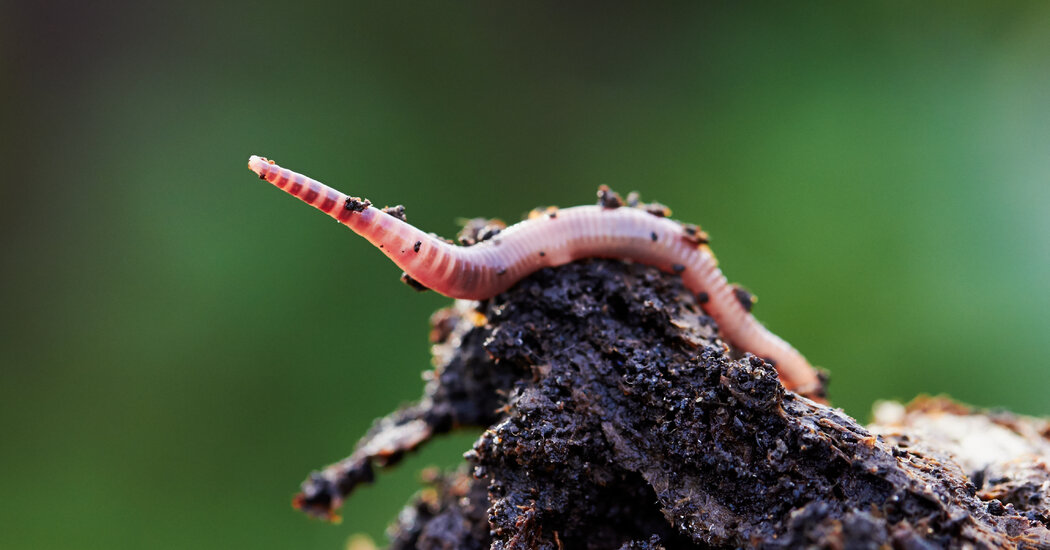
Some Squirmy Stowaways Got to the Arctic. And They Like It There.
Worms are on the move, and people are nervous.
That’s because they’re taking over territory in the Far North that’s been wormless since the last ice age. Scientists say the expansion will inevitably change northern ecosystems, with implications for the whole planet, in ways we don’t fully understand and probably can’t undo.
“We should be cautious about an organism that comes in and is going to be really hard to remove,” said Jonatan Klaminder, a professor of ecology at Umea University in Sweden who studies earthworms. “We should really, really study carefully what the effects of this organism will be.”
In much of the temperate world, shoveling up a clump of ground full of common earthworms is a sign of healthy soil full of flora, fungi and good bacteria. Earthworms actively contribute to soil health by munching on decaying organic matter and pooping out nutrient-rich fertilizer.
But that means worms also have the potential to upend the natural balance of ecosystems in Arctic and sub-Arctic zones. For example, by encouraging the growth of certain plants at the expense of others, altering entire food webs and squeezing out rare, native flora that is already threatened by climate change.